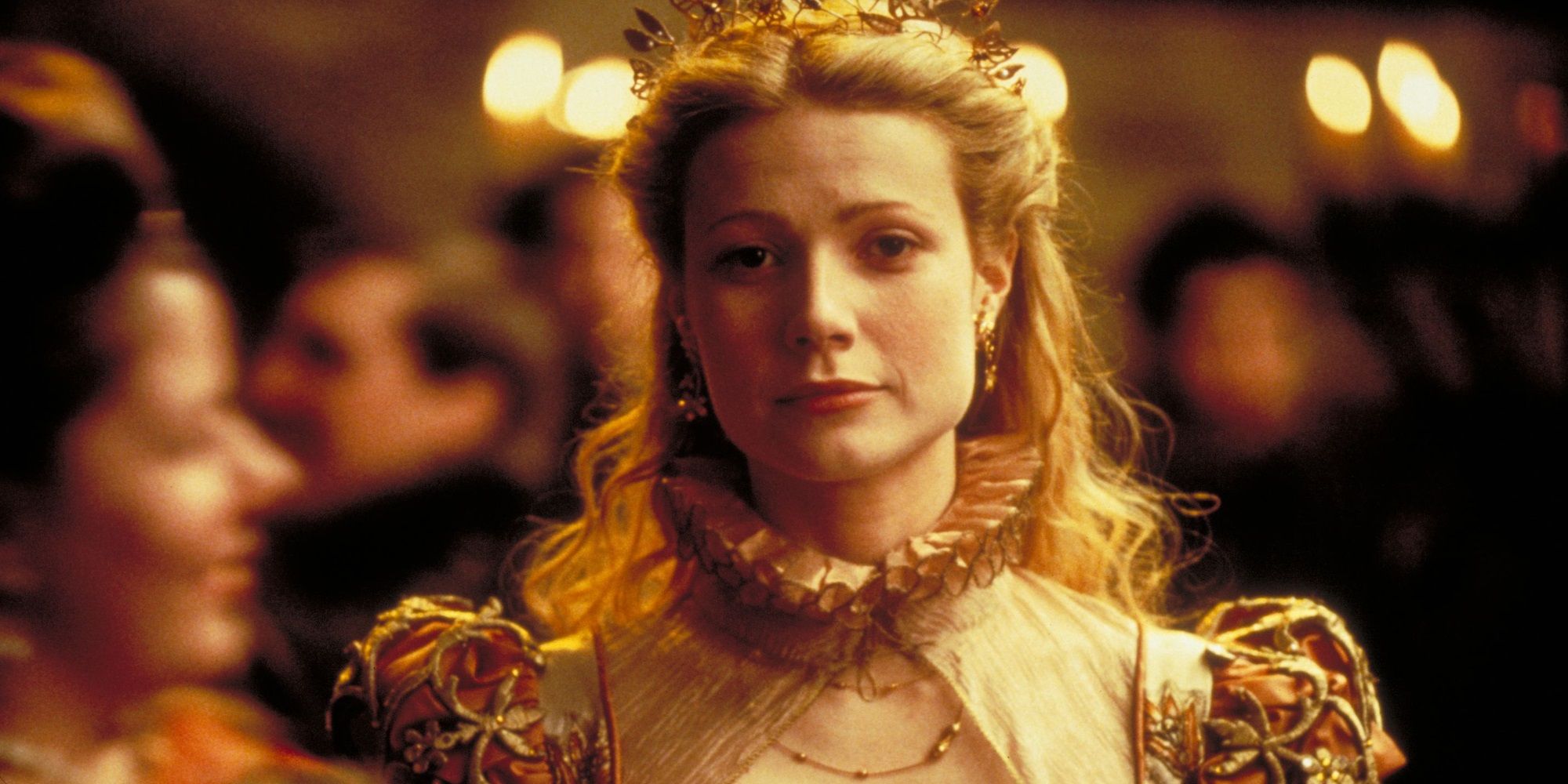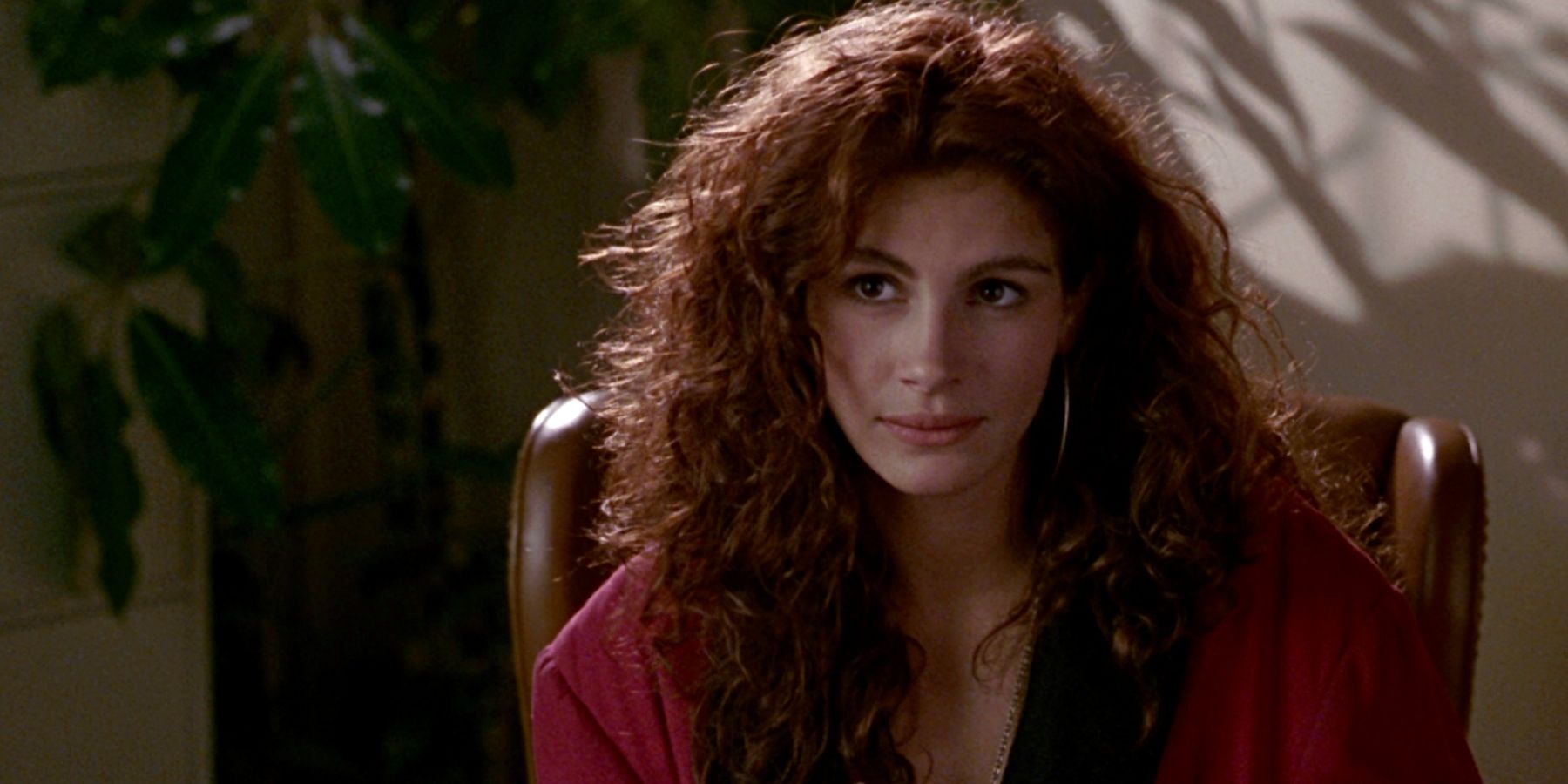Why Julia Roberts Walked Away From Shakespeare In Love (& Cost The Film Millions)

Glory director Edward Zwick explains why Julia Roberts walked away from a leading role in Shakespeare in Love, costing the film millions of dollars.
Director Edward Zwick recently explained why Julia Roberts walked away from Shakespeare in Love, costing the film millions of dollars. Released in 1998 from The Best Exotic Marigold Hotel director John Madden, the film was both a critical and box office success, winning Best Picture at the 71st Academy Awards. However, the project originally began under Zwick in 1991 with a screenplay from Marc Norman. Rosencrantz & Guildenstern are Dead scribe Tom Stoppard rewrote the script, attracting Roberts to the production.
After her work in the 1990 smash hit Pretty Woman, Roberts’ interest in Shakespeare in Love encouraged Universal Pictures to invest in the film. Roberts was determined to convince Daniel Day-Lewis to accept the lead role, telling Zwick to cancel all chemistry tests as she was sure he would accept. Lewis declined causing Roberts’ attitude to change. In Air Mail (via Variety), Zwick explained how Roberts’ eventual departure from the film cost the studio $6 million. Zwick noticed her unenthusiastic demeanor during her first chemistry test with Harry Potter star Ralph Fiennes. Read excerpts from Zwick’s essay below:
“Even as Ralph did his best to elicit the famous smile, Julia barely acknowledged him. I’m not suggesting she was deliberately sabotaging, but it was a disaster nonetheless. I tried to catch Ralph’s eye to apologize as he left but he couldn’t get out of there fast enough. After he was gone, I turned to Julia, awaiting her reaction. ‘He isn’t funny’ is all she said.”
“The rest of that day and every day of the week that followed went just as badly. I no longer have my cast lists, but among the yet-to-be-discovered young actors, I remember: Hugh Grant, Rupert Graves, Colin Firth, Sean Bean, Jeremy Northam. Julia found fault with all of them: one was stiff, another wasn’t romantic, and so on.”
“On the morning of the test [with Paul McGann], Julia emerged from makeup, looking radiant in full period costume. But once she began to say the words, something was wrong. There was no magic. The problem wasn’t the script. Or Paul McGann. It was Julia. From the moment she began to speak it was clear she hadn’t been working on the accent.”
“Sensing Julia’s discomfort, I tried to be encouraging, but she must have intuited my unease, and I made the tragic mistake of underestimating her insecurity. Having only recently been catapulted to the dizzying heights atop the Hollywood food chain, she must have been terrified to fail. But I would never get to talk her off the ledge. The next morning when I called her room, I was told she had checked out.”
“I’ve never spoken to Julia again. Instead, I’ve observed from afar as her work grew in depth and stature. I bear her no ill will. She was a frightened 24-year-old. I wasn’t much older, trying to act the grown-up as I watched the Globe Theatre torn down. And with it my dreams of grandeur.”
How Julia Roberts Would Have Changed Shakespeare in Love
As a result of Roberts departing Shakespeare in Love just six weeks before filming was to begin, the project fell apart. After Zwick shopped the script at other studios, Miramax eventually agreed to produce the movie, but hired Madden as director instead. Rising star Gwenyth Paltrow was cast as Viola de Lesseps, a wealthy merchant’s daughter who dresses as a man in order to be hired for a new play by William Shakespeare. Although the playwright soon discovers Viola’s secret, Shakespeare allows her to star in the upcoming project. The pair’s blossoming love helps reshape the play into the world-renowned tragedy, Romeo and Juliet.
Although Roberts has proven herself in films including Steel Magnolias, Notting Hill, and Erin Brockovich, her incredible fame may have hurt the film if she were cast as Viola. Using Paltrow, who was not yet a household name, gave her character a certain level of anonymity that Roberts could likely not achieve, making it more believable for Viola to become her male alter ego, Thomas Kent. Due to Roberts’ notoriety, the illusion of Kent could have been lessened by her casting, weakening Shakespeare in Love‘s high-concept premise.
Paltrow’s place in the Hollywood elite was cemented with her winning Best Actress at the Academy Awards for her role as Viola. Roberts went on to continue her outstanding career, winning the Academy Award for Best Actress in Erin Brockovich. Although Shakespeare in Love‘s legacy is marred in controversy regarding its Best Picture win over the likes of Saving Private Ryan, Elizabeth, and The Thin Red Line due to Harvey Weinstein’s influence over Academy voters, the film has stood the test of time as the last comedy to win the prestigious award.
Share this news on your Fb,Twitter and Whatsapp
NY Press News:Latest News Headlines
NY Press News||Health||New York||USA News||Technology||World NewsTimes News Network:Latest News Headlines
Times News Network||Health||New York||USA News||Technology||World News
